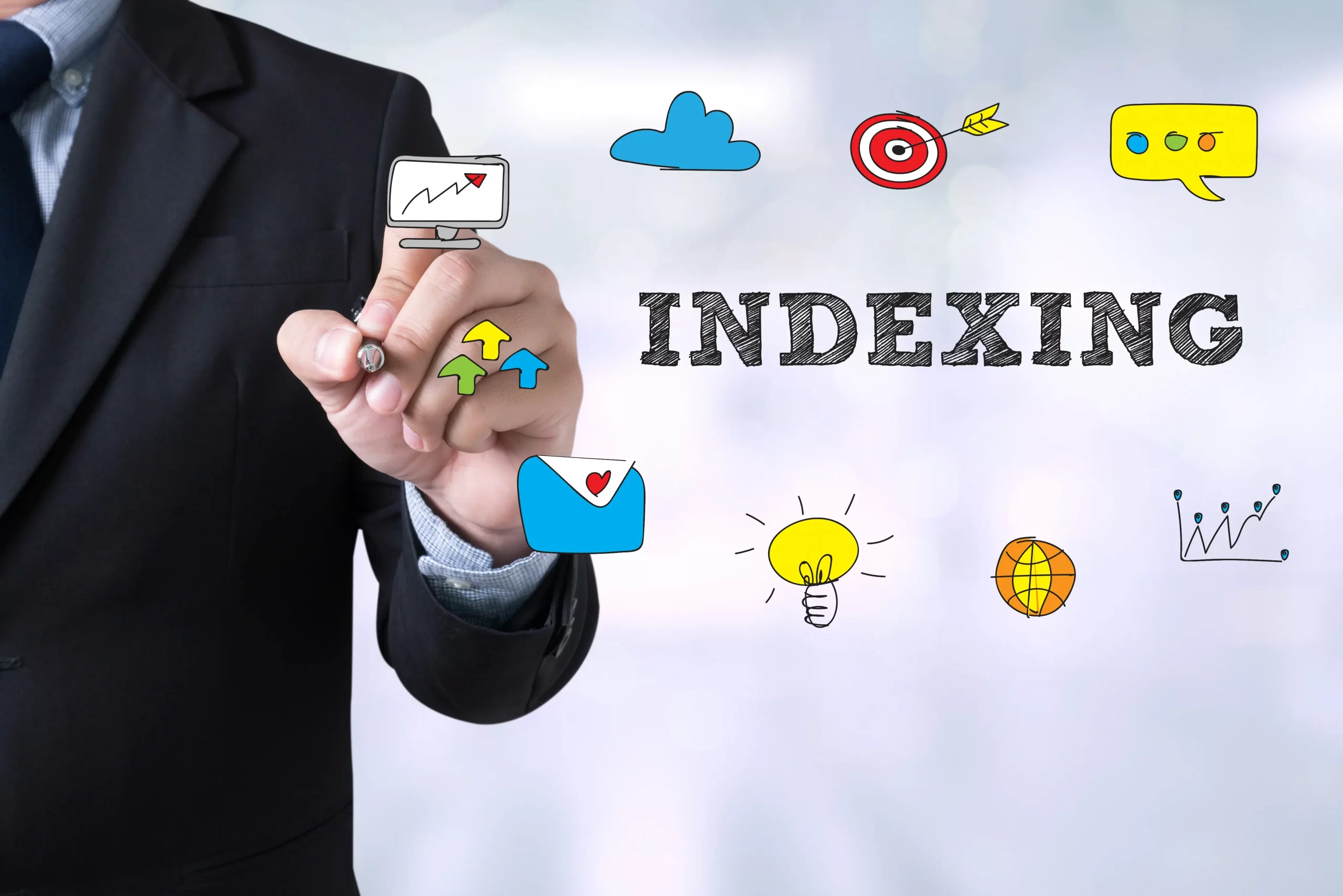Everything You Need To Know About Indexing
 Everything You Need To Know About Indexing
Everything You Need To Know About Indexing
In Search Engine Optimization (SEO), indexing plays a massive role. If you are a site owner, a business owner, or a publisher, you probably know to index. Buy what if you are not? Everything you must be aware of regarding indexing will be discussed here.
What is indexing?
Indexing indicates that a link has been incorporated into Google’s enormous database of information. Links that have been indexed are saved and served for relevant search queries. Consequently, if your links are not being indexed, they’re presumably not displayed for relevant searches. Thus, you will not gain page authorization.
What are the types of indexing?
There are two types of indexing: forward and secondary indexing.
Forward Indexing
Inverted indexing, in the simplest sense, is the data structure that leads you from a specific word to a web page or a document. It is the index that people see when they are looking for something.
Secondary Indexing
Unlike forward indexing, it is the database where Google stores data. They cannot be seen by people online.
Indexing vs. Crawling
Indexing is the process of putting all the information gathered on the index. The information will be utilized to identify the relevance of a particular web page. On the other hand, crawling is the process by which a search engine scours the web for content such as old and new websites, articles, product sheets, images, links, and so on.
Indexing vs. Ranking
Ranking, as opposed to indexing and crawling, is evident. Search Engine Results Page (SERPs) is where you can see the results of your online searches. The higher the relevance, the higher the chance to rank higher in SERP.
What causes link indexing?
Essentially, if Google thinks that your link is relevant, it will be indexed. On the contrary, the link may not be indexed because Google does not consider it a beneficial contributor to their directory. One way to enhance your brand’s supremacy is through citations. Conversely, Google determines the superiority of local brands based on data stored about your brand in the live index. As a result, if your citations and other properties are not indexed, Google will only have a partial picture of what your brand is about and the authority you have thus far.
How to improve indexation?
Even if your citations and signals are not indexed, you should still utilize effective local SEO methodologies for citation building. This can help increase the chance of your links being indexed. Make use of the citations you produce for your company. They are influential hubs for content and links to other authoritative brand properties. Additionally, they can be used for additional link-building and brand engagement.
How to improve your citation?
We have mentioned that if your citations and other properties are not indexed, Google will only have a partial picture of what your brand is about and the authority you have thus far. Therefore, the chance of indexation is getting slimmer.
- Be as unique as you can.
Do not be afraid to do you. Uniqueness can improve the chance of indexation in your links and citations. Making unique citations can be time-consuming. But it is essential for making great and influential citations.
- Stay consistent.
Consistency is the key. Even if making unique citations is time-consuming, try your best to be consistent. Strive to avoid inaccurate NAPS and duplicated citations.
- Add additional links.
Stacked link-building can be used to boost citation hubs as well as individual citations. Tiered link-building may cause Google to re-crawl the pages and linked URLs, giving your links and enhancing the chance of your page being selected and indexed. Another way to use your citations is through link-building. By constructing links to your properties, you increase authority while passing beneficial link juice and authority to your main site pages simultaneously.
